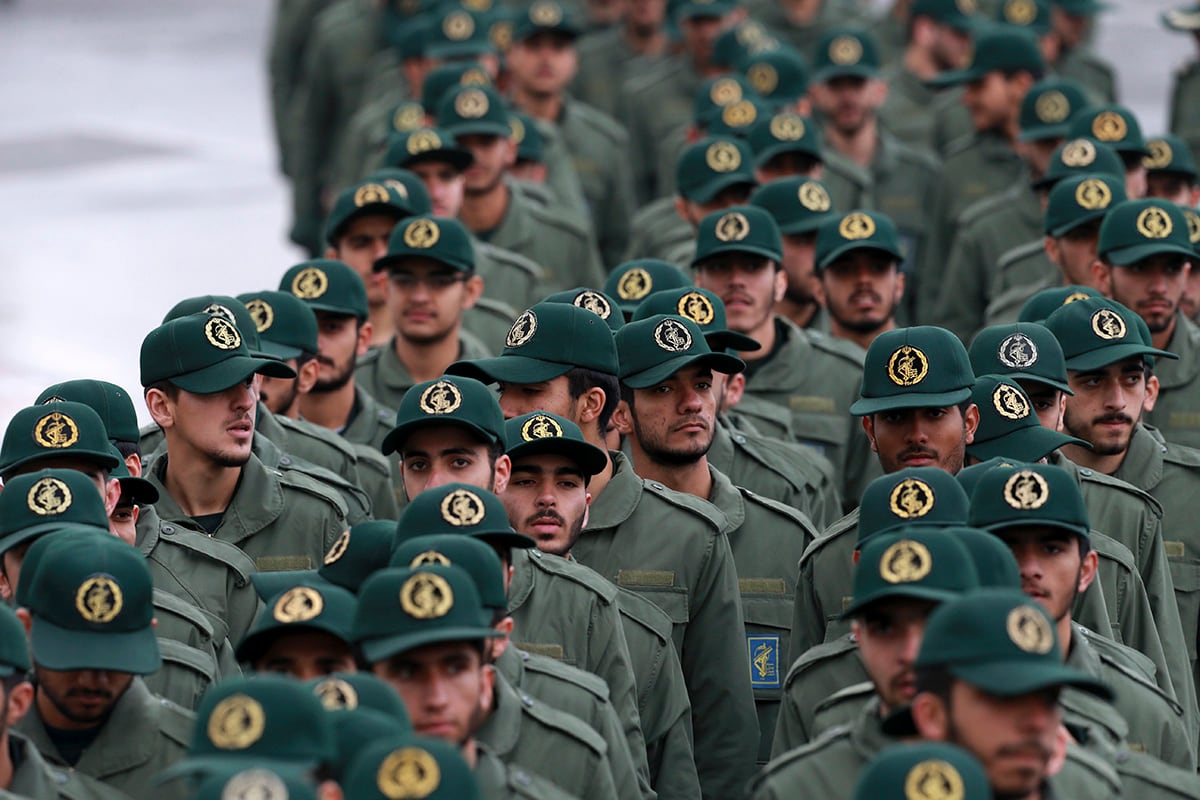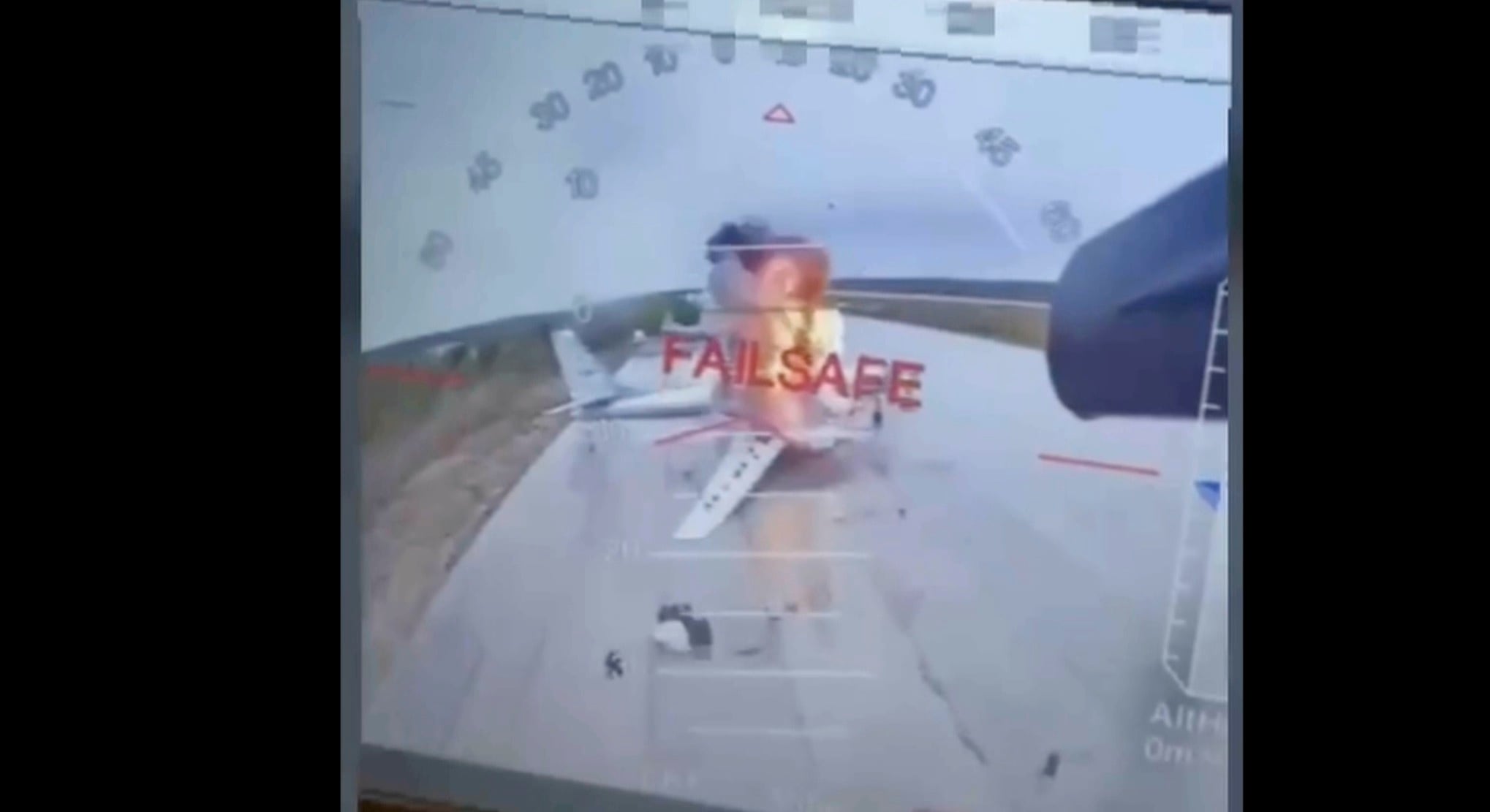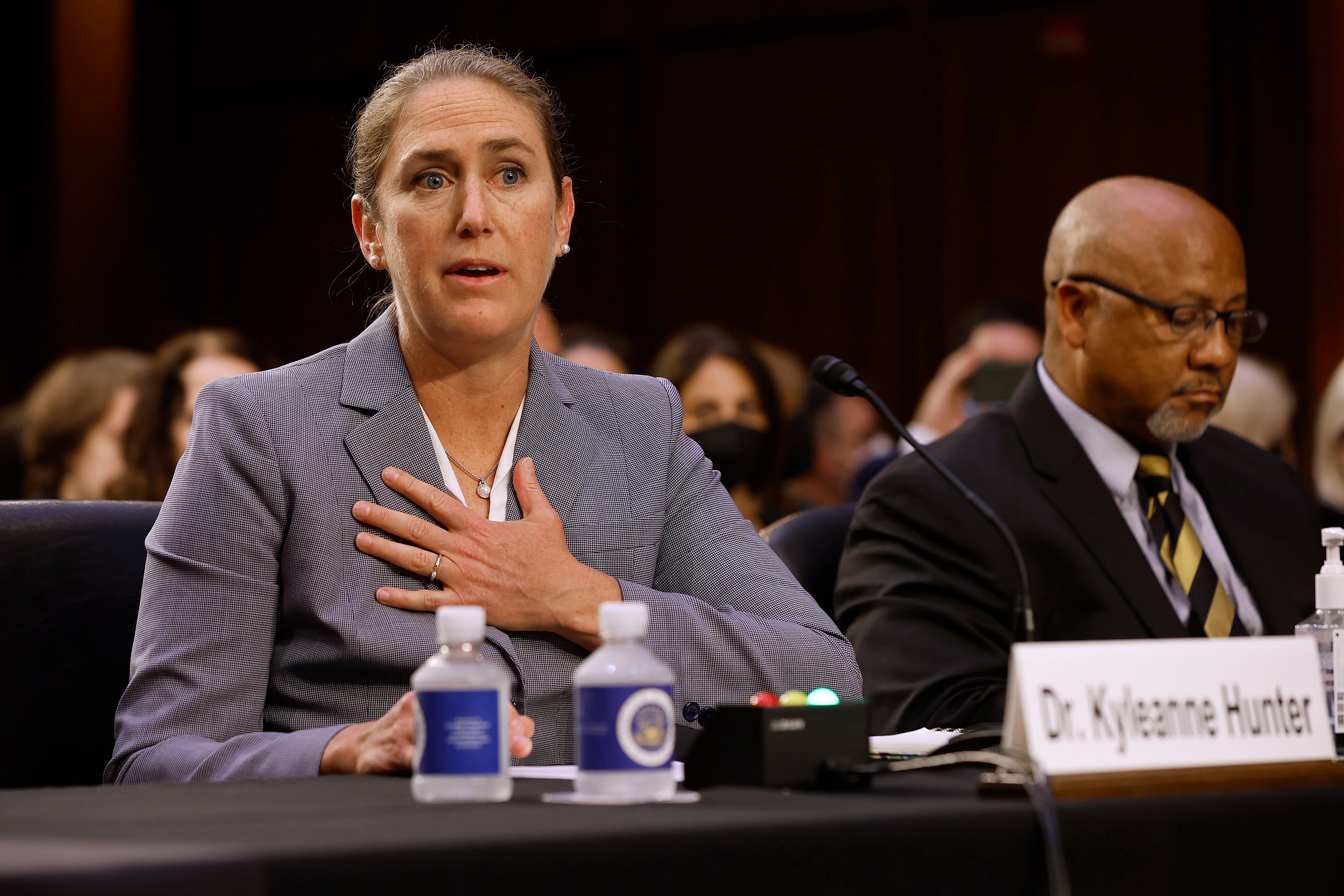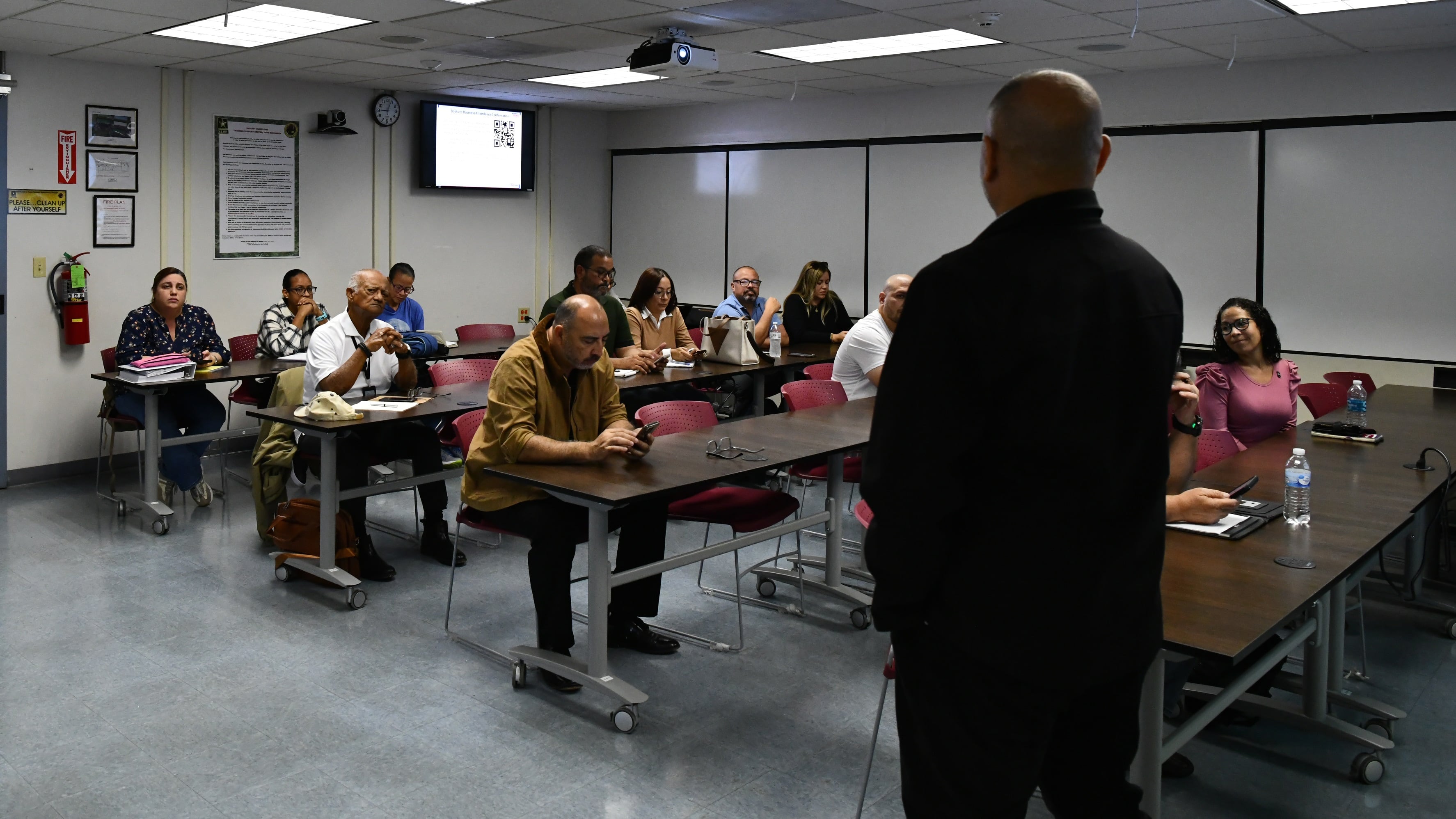Digging deeper into the current tensions, a number of experts interviewed by Military Times noted that the likelihood of war with Iran is small but current buildup only stalls real change in long-term regional balance and security.
Banafsheh Keynoush is an international geopolitical consultant, and the author of "Saudi Arabia and Iran: Friends or Foes?” told Military Times that Iran’s government seeks to ensure its survival and find political stability as tensions rise with the United States.
“Iran shapes its regional foreign policy partly in reaction to what the U.S. does. That doesn’t mean that Iran is always reactionary,” she said. “It resorts to a series of practical and ideologically-driven strategies to react to U.S. policies.”
RELATED

The United States struggles with a middle ground on Iran, which Keynoush said is where it needs to be. Lacking a nuanced understanding of the Iranian government, U.S. leadership either idealizes engagement, as happened under President Barack Obama, or cornering Iran, as it’s doing now under Trump, she said.
“There are always channels of communication open to the U.S. and Iran to avert a miscalculated war. If war between the two erupts, it will more likely not be due to a miscalculation but the result of a calculated series of events and the misreading of some of those events,” Keynoush said.
Depending on the scale of any potential war and the speed at which it is fought, the outcomes for the region would vary.
“Iran is far more coherent as a nation-state, (than Iraq) and its people are far more connected to the rest of the world than the Iraqis had the opportunity to be under Saddam Hussein’s reign,” she said.
“But war will not rid Iran of the ideology of the Islamic republic,” she said. “You can’t fight ideology with military warfare, and so it is the ideological battle that should concern the U.S. far more than the military one.”
In some ways, the current tension is a result of the United States backing out of its nuclear deal with Iran last year, subsequent increased sanctions and pressures for regime change in the country.
But, Keynoush said, bringing reforms to Iran is not straightforward. Neither side of either hardliners or reformers have done well to establish change in the country.
The consultant said that the main threat posed by Iran is ideological, not military.
The United States exaggerates Iran’s power by equating the ideological threat posed by Iran with the military threat. At the same time, it undermines it by assuming that the U.S. can respond to an ideological threat by Iran through military might.
“(The United States) doesn’t understand fully what the enemy or who the enemy is, and it will have a hard time fighting what it does not understand well enough,” Keynoush said.
In many ways the Trump administration is doing the opposite of what was recommended by decades-long Middle East expert Gregory Aftandilian, who summed up how to balance a key component of all of this in his U.S. Army War College Strategic Studies Institute paper, “Navigating Saudi-Iranian Rivalry in the Middle East,” published just seven months ago.
Aftandilian notes that relations between the two nations has hit a low point. And the best approach for the United States would be to find a way to end the proxy wars in the United States such as the Yemen conflict.
Counter to the core of what’s happening right now, broadening bellicose rhetoric in relation to the nuclear deal and its fallout, Aftandilian recommends that the United States separate the deal from Iran’s regional activities.
Best next steps, he wrote, were to shore up support for Iraqi leader Haider al-Abadi to help stabilize Iraq and show Shia populations that the United States does not only work with Sunni groups.
And lastly, to “tone down the rhetoric over the Iranian missile threat.” Unless armed with nukes, the missiles pose little threat in the larger picture, he wrote.
“If Iran would ever fire a missile toward Israel or Saudi Arabia, these two countries, backed by the United States, could easily retaliate against Iran with their own conventional weapons, although the Israelis would probably be able to do much more damage to Iran than the Saudis despite the fact that the latter is closer geographically to Iran than the former,” Aftandilian wrote.
The U.S.-Iranian relationship is one of “mutual distrust,” mostly highlighted now by Trump’s alignment with other regional powers such as Israel, hoping to box in Iran, said Dr. Hayat Alvi, associate professor National Security Affairs at the Naval War College, who is expressing her personal opinions, not those of the Naval War College.
“I think one of the problems facing U.S. international relations relative to the Middle East, or let’s just call it the CENTCOM or Central Command area of responsibility, is a saturation of or preoccupation with Iran all the time,” Alvi said.
“See, the bottom line is that no one is really going to gain anything, not the Iranians, not the United States, not even Israel, or Saudis from having an actual war breakout,” Alvi said. “Whether it's by accident, or by design, no one's going to benefit from that.”
Yet, there are reasons for the U.S. to be wary of Iran. Most of the Shia militias that killed U.S. troops in Iraq owed their existence to Iran, said Bradley Bowman, senior director of the Center on Military and Political Power at the Foundation for the Defense of Democracies.
With tens of thousands of troops in the region, that presents a lot of targets for proxies, who number in the tens of thousands. And for miscalculation.
As Bowman noted, it could come down to a well-intentioned sergeant or lieutenant on a checkpoint making a split second decision that result in a flare up of an already tense situation.
Or a loose cannon on the proxy side or within the various Iranian military groups patrolling the waters of the Persian Gulf takes their own set of actions.
Either situation creates a redline moment that could ignite an outsized military response.
Todd South has written about crime, courts, government and the military for multiple publications since 2004 and was named a 2014 Pulitzer finalist for a co-written project on witness intimidation. Todd is a Marine veteran of the Iraq War.
Shawn Snow is the senior reporter for Marine Corps Times and a Marine Corps veteran.
David B. Larter was the naval warfare reporter for Defense News.





